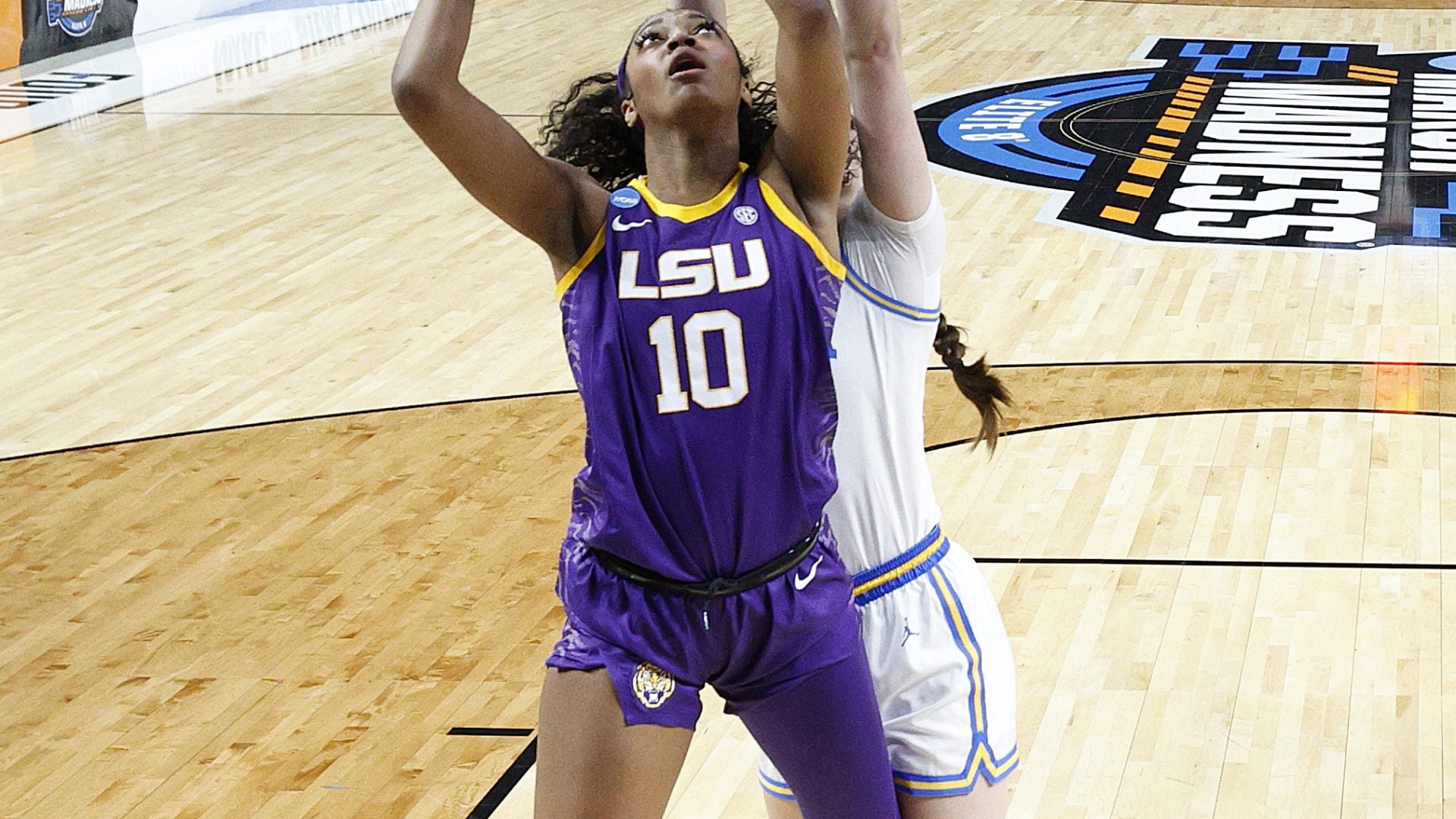
Both the NCAA men’s and women’s basketball tournaments generate millions of dollars every year, in large part due to Black student athletes. According to Forbes, “Black men comprise 50% of the 68 teams in the 2024 NCAA men’s basketball tournament. More than one of every three student-athletes (36%) in this year’s women’s tournament is Black.”
This is a relatively recent phenomenon as for many decades, college basketball was essentially an almost all-white sport. “Until the 1950s, Black people playing on campus courts were rare exceptions.”
This legacy of exclusion had a long-lasting impact. It wasn’t until April 2, 1984, that John Thompson made history when he became the first Black coach to win the NCAA basketball tournament,984 that John Thompson made history when he became the first Black coach to win the NCAA basketball tournament coaching the Georgetown Hoyas to victory.
But it was bittersweet. As Thompson told ESPN, “I might have been the first Black person who was provided with an opportunity to compete for this prize, that you have discriminated against thousands of my ancestors to deny them this opportunity.”
“So, I felt obligated to define that, and I got a little criticism for saying it, because some young guy came up to me and asked me, ‘How does it feel, coach Thompson, to be the first African-American…,’ and I said ‘I feel offended by the fact of what you’re saying.’ But, I explained to him because a lot of men were deprived of the opportunity, who would have won it far before I did,” Thompson added.
On the women’s side, Kenny Brooks was the first Black head coach to lead Virginia Tech to their first ever final four appearance just last year.
From the Utah’s women’s basketball team being the victim of racial hate crimes to LSU’s racialized depiction in the media, race has been a focal point of the headlines at this year’s NCAA tournament.
A Los Angeles Times article which has since been edited, included racist and sexist undertones appearing to target the Black LSU women’s basketball players. Writer Ben Bolch described the Sweet 16 game between UCLA and LSU as a “reckoning” between good and evil and and posed the question,“Do you prefer America’s sweethearts or its dirty debutantes? Milk and cookies or Louisiana hot sauce?”
Hailey Van Lith, one of the white players on the team, spoke with the New York Post, commenting “We do have a lot of black women on this team [and] unfortunately that bias does still exist today.”
“A lot of the people making those comments are being racist towards my teammates. I’m in a unique situation, I’ll talk trash and I’ll get a different reaction than if Angel talks trash…Some of the words that were used in that article were very sad and upsetting and I didn’t want us to read the article before the [Sweet 16] because hearing stuff like that is not right…Calling us, the ‘dirty debutantes,’ that has nothing to do with sports,” Van Lith added.
Bolch issued an online apology where he wrote: “Words matter. As a journalist, no one should know this more than me. Yet, I have failed miserably in my choice of words.”







“In my column previewing the LSU-UCLA women’s basketball game, I tried to be clever in my phrasing about one team’s attitude, using alliteration while not understanding the deeply offensive connotations or associations. I also used metaphors that were not appropriate. Our society has had to deal with so many layers of misogyny, racism, and negativity that I can now see why the words I used were wrong. It was not my intent to be hurtful, but I now understand that I terribly missed the mark.”
Over the weekend, the Los Angeles Times took down the offensive language and issued a statement saying that “it did not meet Times editorial standards.”
In one study, researchers analyzed March Madness college basketball games and found “stereotypes about skin tone and race play a significant role in how announcers describe players during games.” Per the study, which was published in the American Journal of Sociology, “sport is not an institution that is immune from racialization and may, in fact, play a vital role in shaping beliefs and interpretations about intellectual ability, physical ability, and performance.”






